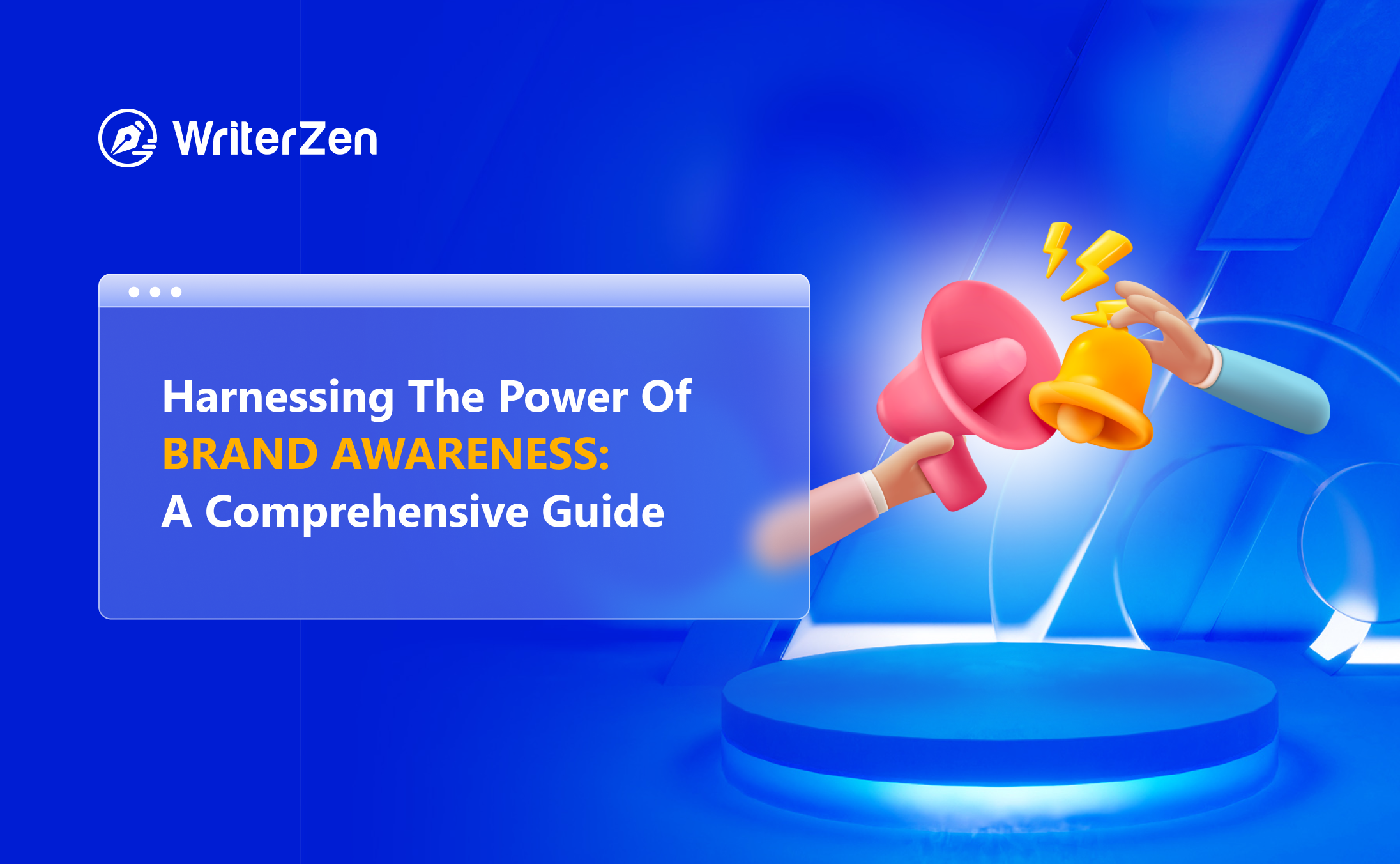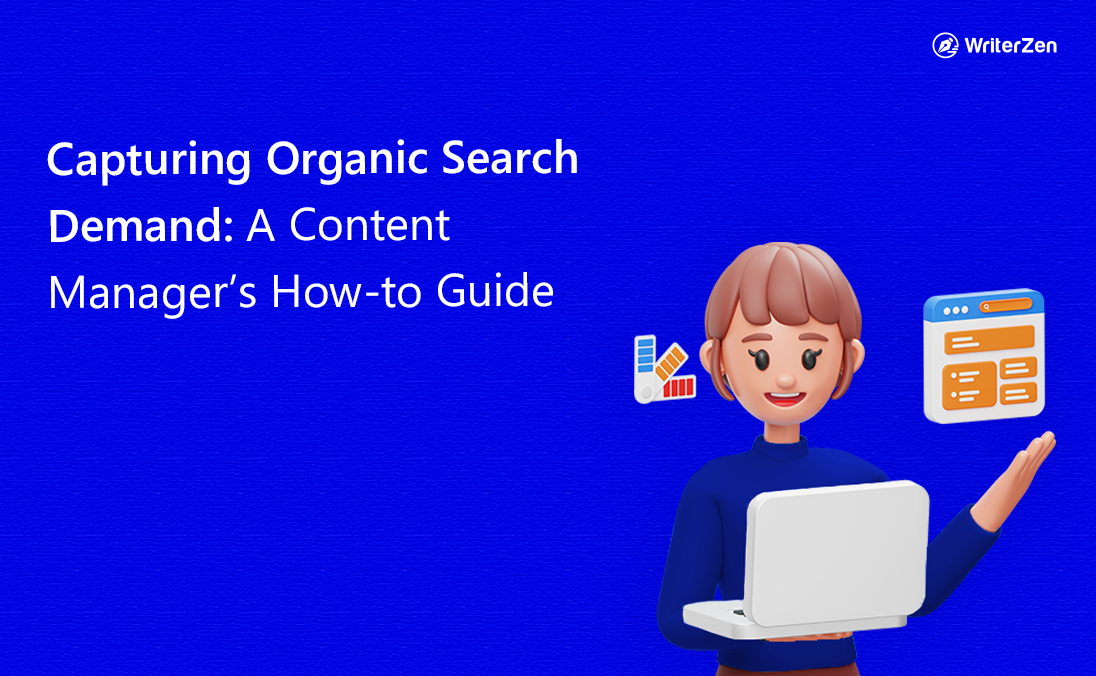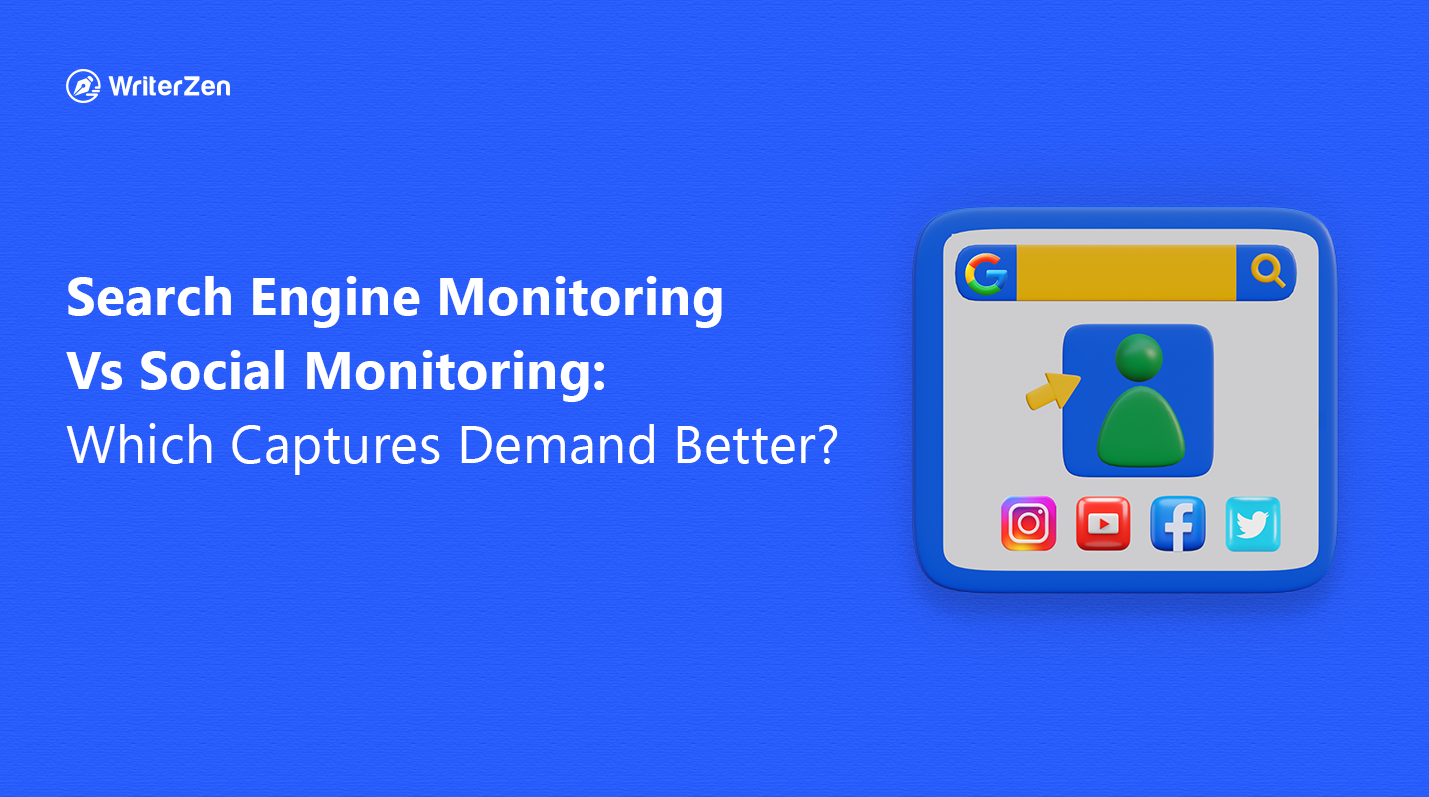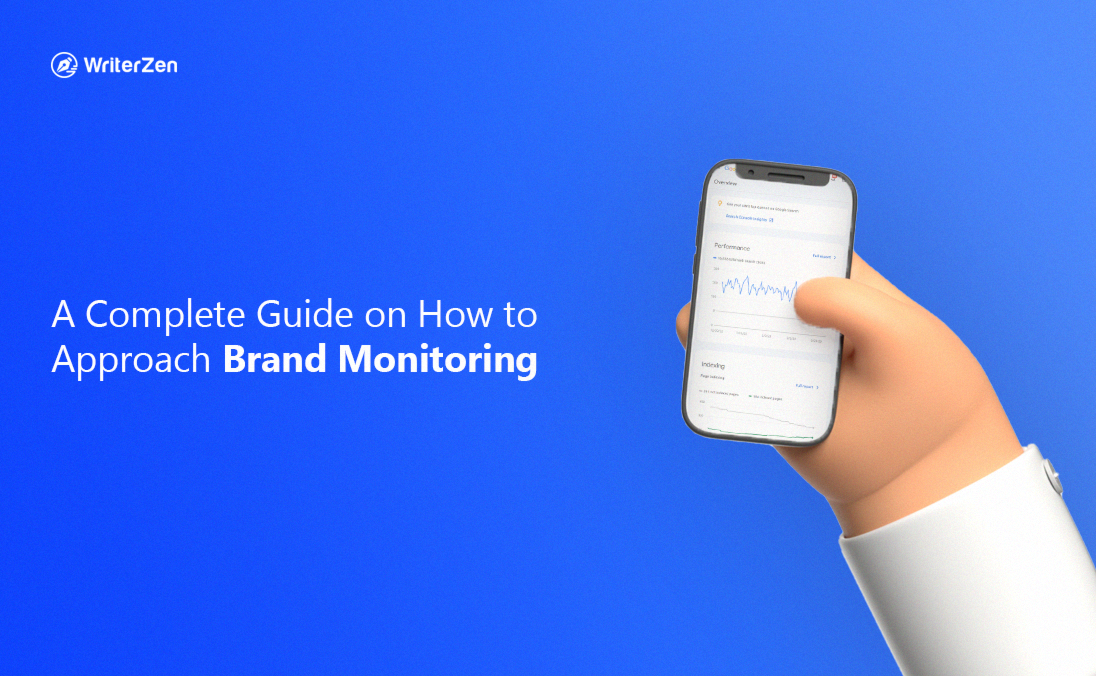Brand awareness is king in today's digital world. It is the cornerstone that sets apart successful businesses from others. Understanding the relevance of brand awareness is vital for the continued success of your brand.
In the article, we will look into brand awareness and discover effective techniques for establishing an established brand in the minds of consumers.
Definition of Brand Awareness
Brand awareness is a metric that measures how well a certain brand is known and remembered by its target audience.
It includes much more than simply if a brand is recognized; it also includes customers' level of brand recall, affiliation, and feelings associated with the brand. It is the overall impression that people have of a brand when they engage with or think about it.
Brand awareness plays a pivotal role in establishing trust, loyalty, and credibility among consumers. When a brand is deeply ingrained in the consciousness of its target audience, it fosters a sense of familiarity and reliability.
Consumers who are aware of a brand and can easily recall its name and attributes are more likely to trust the brand, choose its products or services, and remain loyal over time. Additionally, brand awareness enables the formation of strong associations and emotional connections, allowing consumers to connect with the brand on a deeper level.
In essence, brand awareness is the foundation upon which successful marketing efforts are built. It sets the stage for brand engagement, customer relationships, and long-term brand equity.
By strategically cultivating and nurturing brand awareness, businesses can establish themselves as reputable and influential players in their respective industries, gaining a competitive advantage in the marketplace.
The Importance of Brand Awareness
Brand awareness can be considered the most important measurement for businesses across any industry. As mentioned above, it serves as a critical foundation for success and holds the key to unlocking growth and profitability.
Here's why brand awareness is crucial and how it influences consumer behavior, creates a competitive edge, and contributes to long-term brand equity.
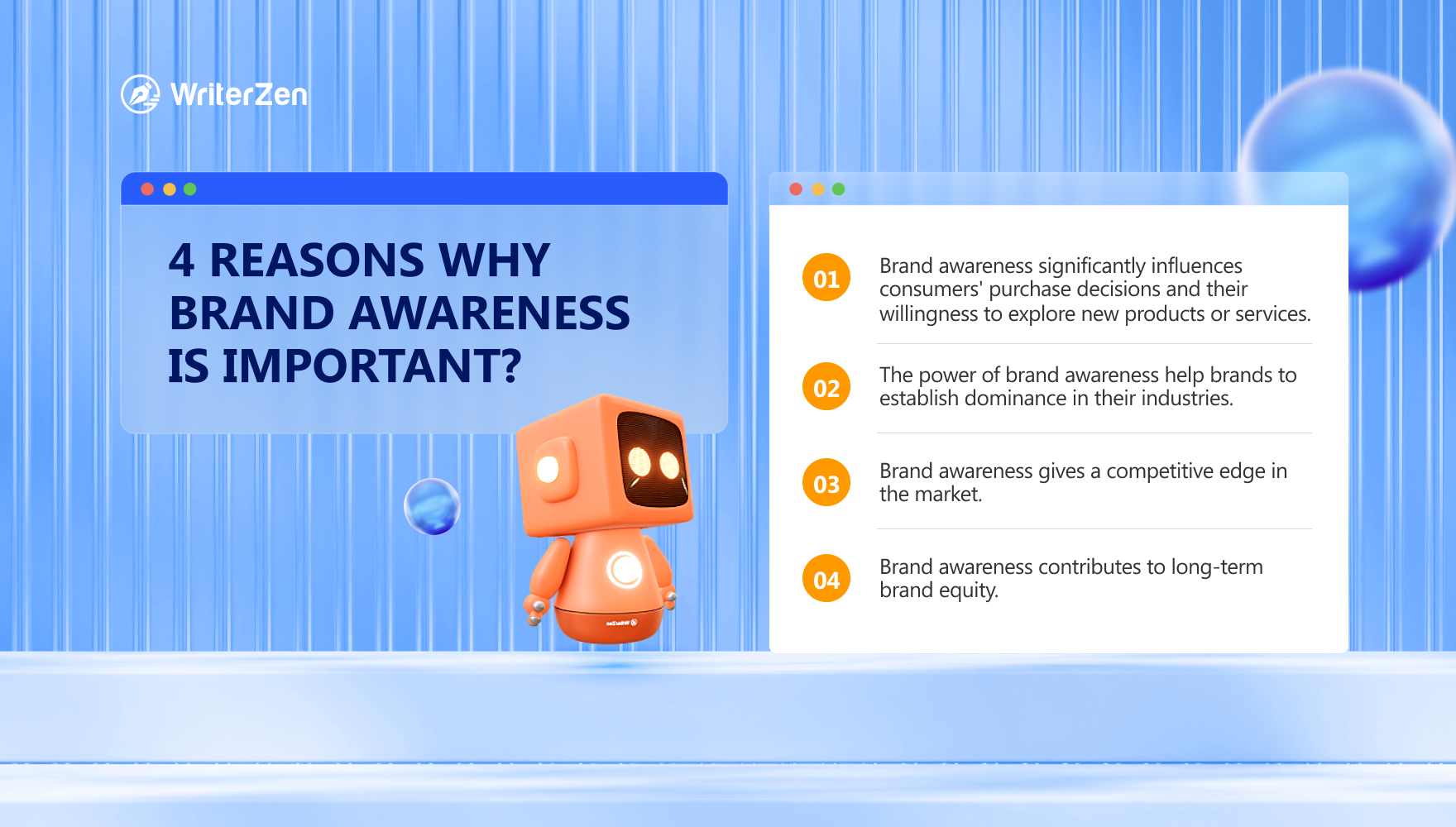
-
First and foremost, brand awareness significantly influences consumers' purchase decisions and their willingness to explore new products or services. When consumers are familiar with a brand and have positive associations, they are more inclined to choose that brand over others.
Brand awareness acts as a trusted guide, reducing perceived risks and increasing the likelihood of purchase. It paves the way for consumers to try new offerings from a brand they are already aware of and trust, fostering brand loyalty and repeat business.
-
Several successful brands have harnessed the power of brand awareness to establish dominance in their industries.
Take Apple, for example. Through its strategic marketing efforts and iconic brand identity, Apple has built a remarkable level of brand awareness that transcends the technology realm. The Apple logo, product design, and brand messaging evoke a strong emotional connection with consumers, driving their preference and loyalty.
-
Brand awareness also gives a competitive edge in the market. When consumers are aware of a brand and perceive it positively, it becomes the go-to choice amidst a sea of competitors.
Increased visibility and recognition give a brand advantage in capturing consumer attention, fostering trust, and gaining market share. A strong brand presence fueled by awareness helps businesses stand out, even in crowded markets and increases their chances of success.
-
Finally, brand awareness contributes to long-term brand equity, which is the intangible value a brand holds in the marketplace. A brand with high awareness is more likely to be perceived as credible, trustworthy, and authoritative.
This positive perception enables the brand to command premium pricing, attract top talent, forge strategic partnerships, and expand into new markets.
How to Build Brand Awareness
Building brand awareness requires a strategic and systematic approach. By following these steps, you can develop a solid brand awareness strategy that effectively reaches and engages your target audience:
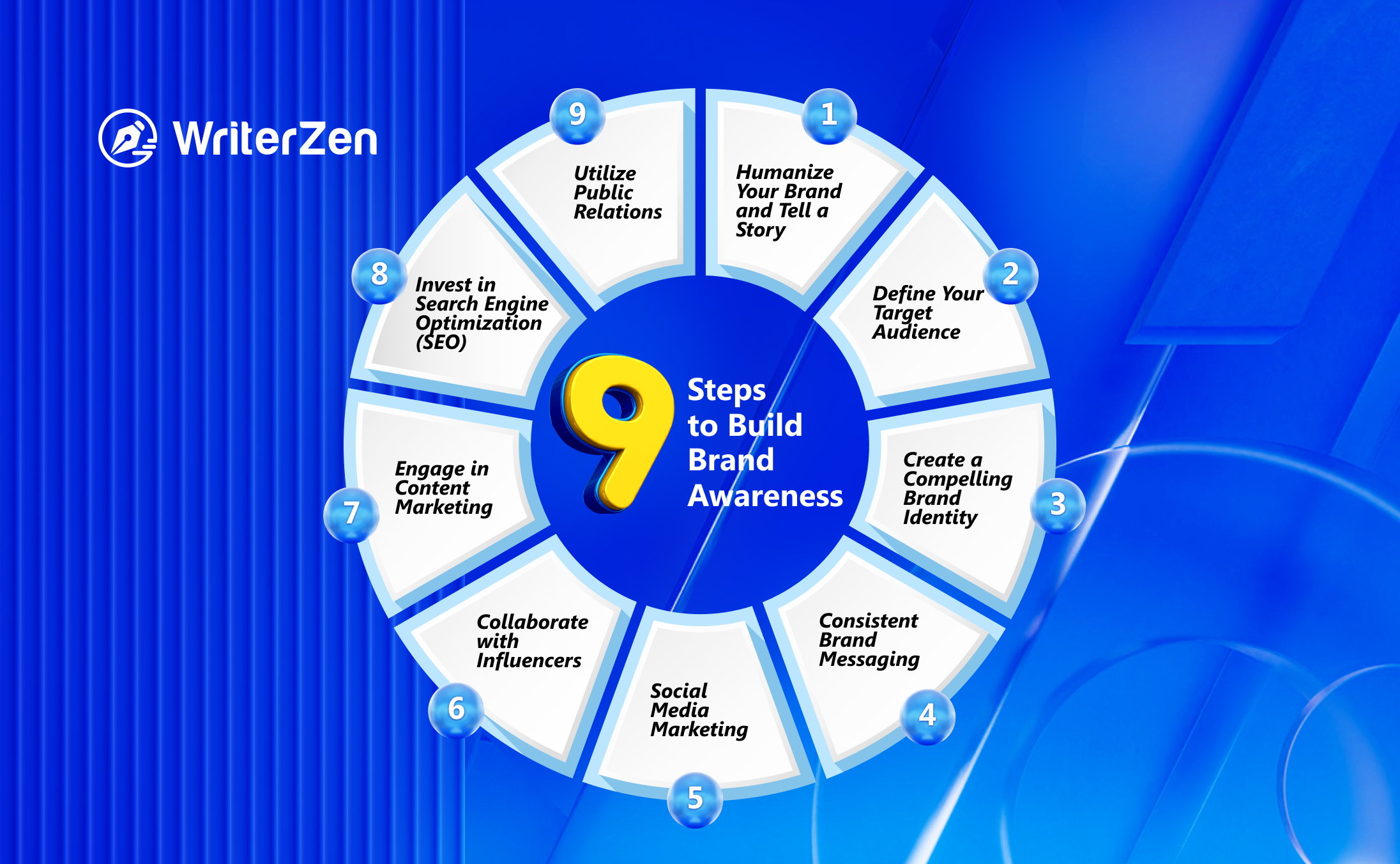
Humanize Your Brand and Tell a Story
Instead of appearing as a faceless company, strive to be relatable and human. Connect with your audience on a personal level, establishing trust and rapport. Go beyond product descriptions and tell a compelling brand story that resonates with your audience, sharing your journey, values, and mission in a way that captivates attention and fosters emotional connections.
Define Your Target Audience
Understanding your audience's preferences, demographics, and behavior is crucial for crafting targeted brand messages. Conduct market research, analyze customer data, and create detailed buyer personas to identify your ideal customers.
Create a Compelling Brand Identity
A strong brand identity sets the foundation for brand awareness. Develop a unique value proposition that differentiates your brand from competitors. Define your brand positioning by identifying your brand's unique place in the market. Create a visual identity that includes a memorable logo, color palette, and consistent design elements.
Consistent Brand Messaging
Clear, concise, and consistent brand communication across all touchpoints is essential for building brand awareness. Create brand guidelines that outline your brand voice, tone, and messaging pillars. Ensure that your messaging resonates with your target audience and aligns with your brand identity.
Social Media Marketing
Social media platforms offer immense opportunities to reach and engage a wide audience. Establish a presence on platforms that align with your target audience's preferences. Develop a content strategy that includes a mix of informative, entertaining, and engaging content.
Encourage user-generated content and actively engage with your audience through comments, messages, and shares.
Collaborate with Influencers
Influencer partnerships can significantly expand your brand's reach and credibility. Identify influencers who align with your brand values and have a genuine connection with your target audience. Collaborate on content creation, sponsored posts, or ambassador programs to leverage their reach and influence.
Engage in Content Marketing
Content marketing plays a pivotal role in establishing thought leadership and enhancing brand visibility. Create valuable, informative content that educates and engages your target audience. Publish blog articles, videos, podcasts, or infographics that address their pain points, answer their questions, and provide insights relevant to your industry.
Invest in Search Engine Optimization (SEO)
Putting efforts into content marketing is not quite enough. It won’t come to fruition without making sure your content reaches a large amount of audience. That’s why you need to optimize your website and content for search engines so as to improve brand discoverability.
Conduct keyword research to identify relevant terms and phrases your target audience uses. Then, optimize your website structure, meta tags, headings, and content with these keywords to improve your search engine rankings.
Utilize Public Relations
Finally, public relations (PR) efforts can generate media coverage and positive brand exposure. Develop relationships with relevant journalists, bloggers, and influencers in your industry. Issue press releases, pitch stories, and participate in industry events or speaking engagements to position your brand as an expert and gain media attention.
How to Increase Brand Awareness
To further boost brand awareness, consider implementing these additional strategies that can amplify your brand's visibility and engagement:
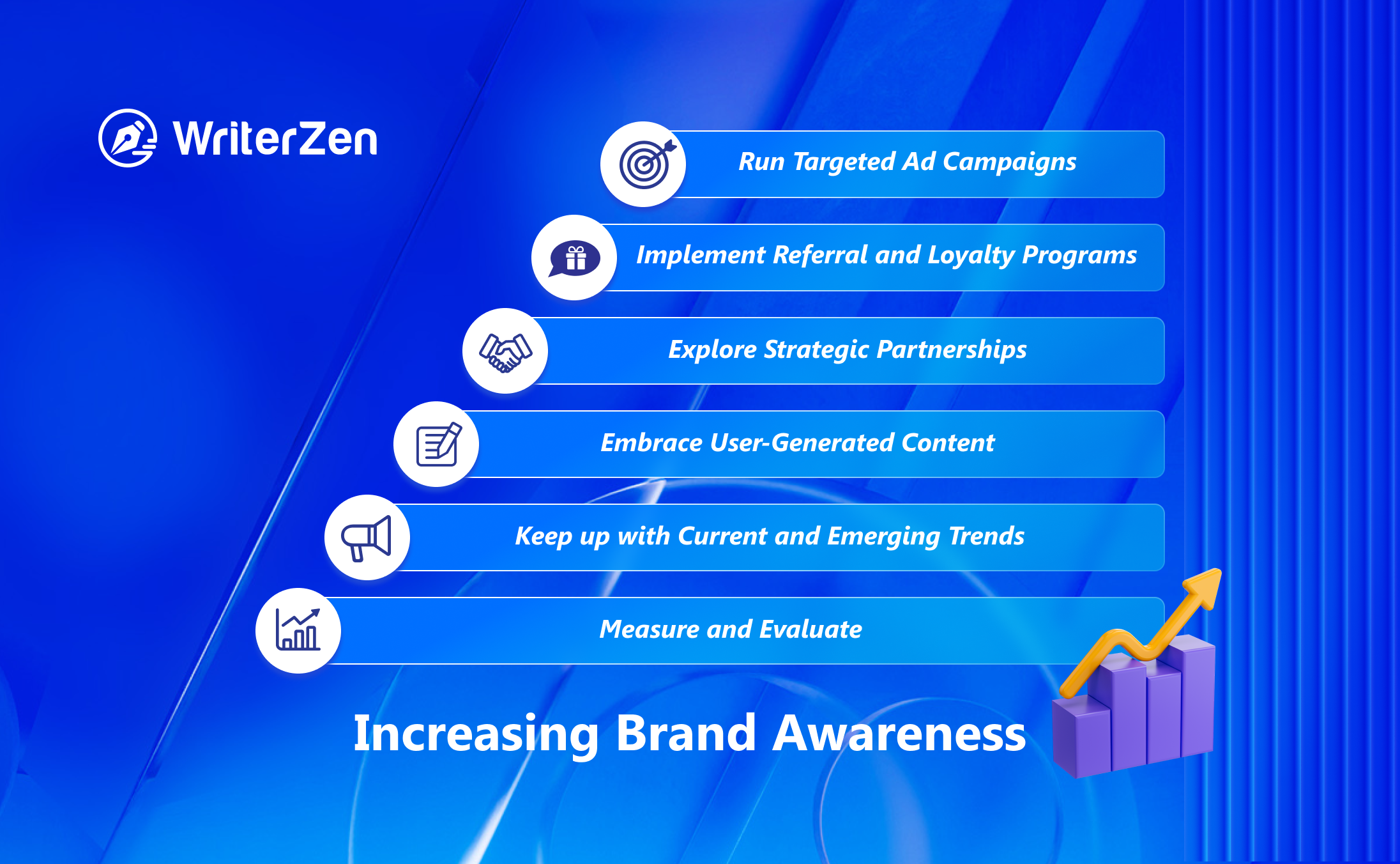
Run Targeted Ad Campaigns
Online advertising platforms such as social media ads, search engine marketing, and display advertising offer precise targeting options. Leverage these platforms to reach specific audiences based on demographics, interests, and behaviors. Craft compelling ad creatives that align with your brand identity and resonate with your target audience.
Implement Referral and Loyalty Programs
Encourage your existing customers to become brand advocates by incentivizing them to refer your brand to their networks. Offer referral bonuses, discounts, or exclusive rewards for successful referrals. Simultaneously, develop loyalty programs that reward and recognize loyal customers, fostering a sense of exclusivity and encouraging repeat business.
Explore Strategic Partnerships
Forming alliances with complementary brands can significantly expand your brand's reach and tap into new audiences. Identify non-competing brands that share a similar target audience or values and collaborate on joint marketing initiatives. This can include co-branded campaigns, cross-promotions, or collaborative content creation, allowing you to leverage each other's customer bases and increase brand awareness.
Embrace User-Generated Content
User-generated content (UGC) is a powerful tool for building brand awareness. Encourage your customers to create and share content related to your brand, such as reviews, testimonials, social media posts, or videos. UGC not only fosters brand advocacy but also creates a sense of authenticity and virality as customers share their positive experiences with others.
Keep up with Current and Emerging Trends
Stay abreast of the latest industry trends and adapt your brand awareness strategies to capitalize on new opportunities. Monitor emerging platforms, technologies, or cultural shifts that resonate with your target audience.
By being an early adopter and incorporating these trends into your marketing efforts, you can position your brand as innovative, relevant, and forward-thinking.
Measure and Evaluate
Remember, it's essential to continually evaluate and optimize your brand awareness strategies based on data, feedback, and evolving market dynamics. Implementing these additional strategies in conjunction with the earlier mentioned ones will help you establish a holistic and impactful brand awareness strategy that propels your brand towards long-term success.
This leads us to the next section.
How to Measure Brand Awareness
Measuring brand awareness is how you can gauge the effectiveness of your brand awareness strategies and understand how well your brand resonates with your audience. It allows you to track progress, identify areas for improvement, and make data-driven decisions to optimize your brand awareness efforts.
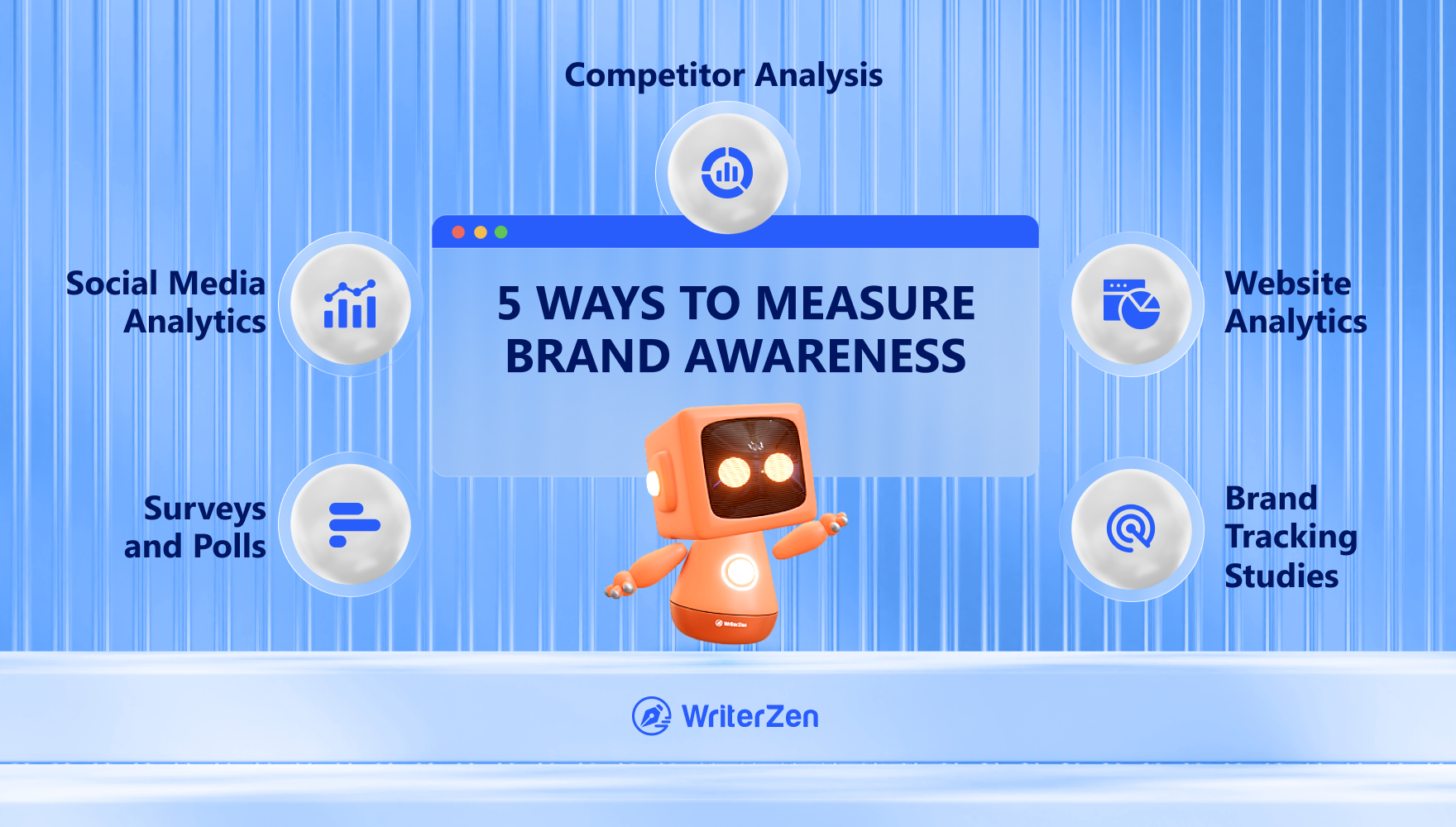
Surveys and Polls
Surveys and polls are effective tools to gauge brand recognition, recall, and consumer perception. Conduct brand awareness surveys to measure unaided and aided brand awareness, asking respondents to recall or recognize your brand. Additionally, include questions to assess brand attributes, associations, and overall brand perception.
Social Media Analytics
Social media platforms provide valuable insights to track brand mentions, engagement, and sentiment. Monitor metrics such as reach, impressions, likes, shares, comments, and sentiment analysis to gauge the visibility and sentiment surrounding your brand. Use social listening tools to track conversations and brand mentions across different platforms.
Website Analytics
Monitoring website traffic, referral sources, and bounce rates helps evaluate brand awareness. Analyze the number of visitors, new vs. returning visitors, and the sources driving traffic to your website. Assess the bounce rate to understand how well your website captures and retains visitors' attention.
Brand Tracking Studies
Comprehensive brand tracking studies conducted by market research firms provide an in-depth analysis of brand awareness metrics. These studies assess brand recognition, recall, preference, loyalty, and other brand-related measures over time.
They often include surveys, interviews, and data analysis, offering a holistic view of your brand's awareness and perception compared to competitors.
Competitor Analysis
Benchmarking your brand against competitors is essential to assess relative brand awareness. Conduct competitive analysis by comparing brand awareness metrics, such as aided and unaided awareness, the share of voice, and social media engagement. Identify areas where your brand can gain a competitive edge and refine your strategies accordingly.
By utilizing these measurement methods, you gain valuable insights into the effectiveness of your brand awareness strategies. Regularly track and analyze these metrics to gauge progress, identify trends, and make informed decisions to optimize your brand awareness efforts.
Measuring brand awareness empowers you to refine your strategies, strengthen brand perception, and build a solid foundation for long-term success in the competitive marketplace.
Final Thoughts
In conclusion, brand awareness is paramount in the realm of digital marketing. It builds trust, loyalty, and credibility among consumers, paving the way for business success.
By implementing the strategies discussed, such as defining your target audience, leveraging social media, and embracing user-generated content, you can enhance your brand's visibility and reach.
Additionally, measuring brand awareness through surveys, social media analytics, and competitive analysis enables you to refine your strategies and optimize your brand's impact.


